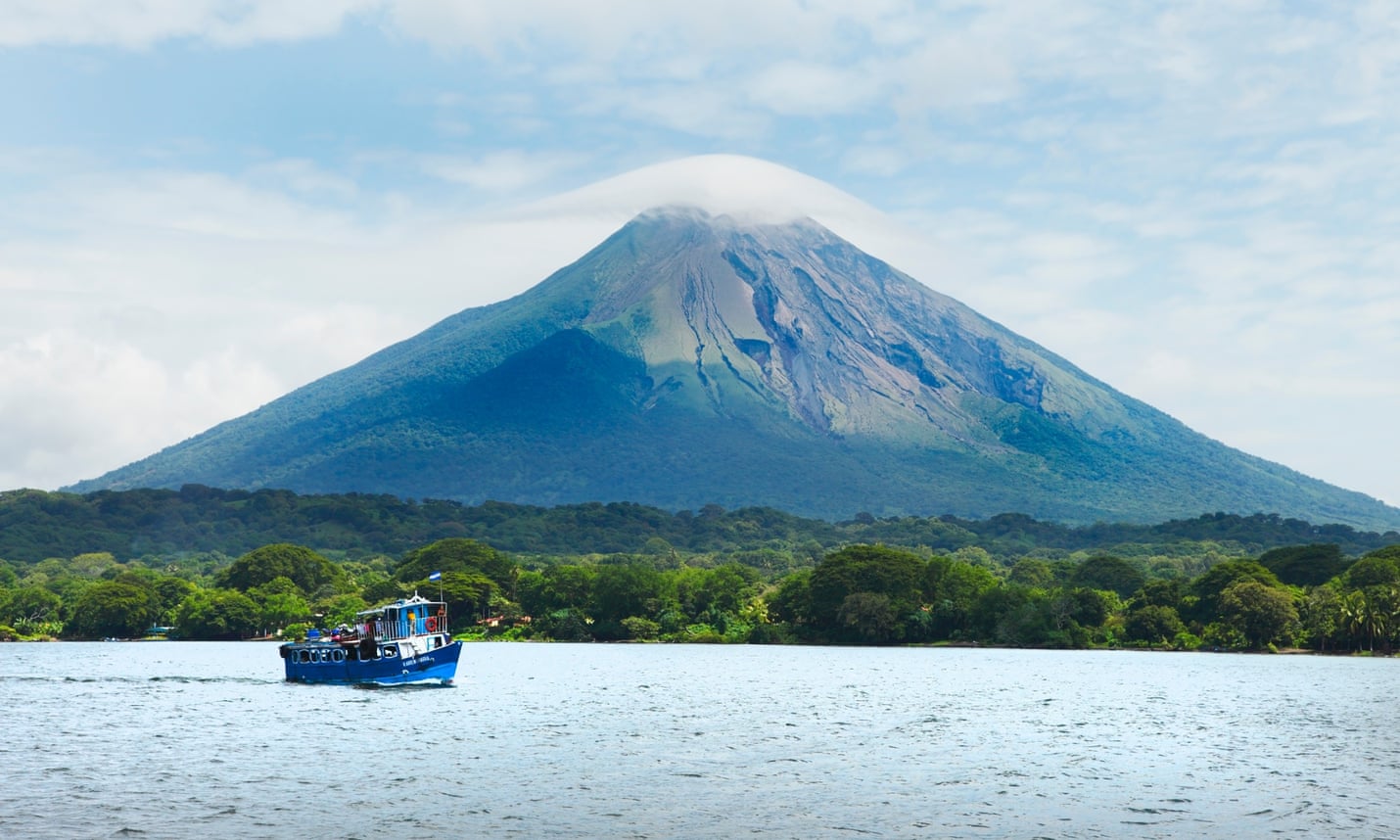Syria: The Executive Summary, 1/23

To give you an overview of the latest news, we’ve organized the latest Syrian developments in a curated summary.
U.N.-Approved Cross-Border Aid Reaches 600,000 Syrians in Six Months
In the latest monthly report to the U.N. Security Council, U.N. Secretary General Ban ki-Moon said 54 cross-border aid shipments to Syria helped 600,000 Syrians in six months, Reuters reports.
“Food assistance had reached 596,000 people, non-food items had been delivered to 522,000, water and sanitation supplies had reached more than 280,000 and medical supplies some 262,000,” according to the report.
Despite the improved access, Ban warned that the situation inside Syria is continuing to “deteriorate rapidly.
“Widespread fighting across the country, administrative hurdles and lack of agreement from the parties continued to constrain humanitarian access across the country, affecting the humanitarian capacity to deliver at planned scaled,” Ban said.
12.2 million Syrians are in need of assistance, 7.6 million have been displaced, and an additional 3.8 million people have fled, according to the U.N. figures.
“It is completely unacceptable that the people of Syria continue to face grave abuses of human rights and international humanitarian law by the parties to the conflict and that they are denied access to the basic requirements for their survival,” Ban’s report said.
The report follows the renewal of a resolution allowing cross-border aid delivery in Syria for another 12 months. In July 2014 the Security Council authorized U.N. agencies to cross conflict lines using border crossings from Turkey, Iraq and Jordan. It was an unprecedented decision to authorize delivery of aid into the country without the consent of the Syrian government.
United States Gives $6 Million to Syria’s Opposition Government
The United States has given $6 million to Syria’s opposition government, the first direct U.S. financial support for the group, AFP reports.
“The money is for development and relief projects in “areas liberated by the moderate Syrian opposition,” the rebel group said in a statement.
Interim government chief Ahmed Tohme said $1.6 million would be used to used to strengthen local government in rebel-controlled areas and for emergency responses, and $4.4 million would be “devoted to reconstruction and the purchase of heavy equipment include generators, water pumps and tankers.
“Mamdouh Soud, operations manager for the programme dispersing the funds, said they would be spent mostly in northern Aleppo province and northwestern Idlib province for now.
“In the next two months, we hope to expand into northern Latakia and northern Hama provinces,” he told AFP.
Moderate rebel groups inside Syria are facing the prospect of complete annihilation as a result of internal challenges, a lack of resources and support, and the reality of a three-front fight against the regime, ISIS and Jabhat al-Nusra.
The opposition Syrian National Coalition and the interim government have been criticized forbeing out of touch with Syrians on the ground and with the militant groups fighting the Assad regime.
Recommended Reads:
- Daily Beast: Face it Obama, Without Assad, You’ve Got No Strategy in Syria
- New York Times: Iranian Commander Vows to Avenge Israeli Airstrike
- National: Ugly as it Sounds, Assad Will Be a Part of Syria’s Future
- Al Monitor: After Kobani, Where is Islamic State’s Next Target?
- Wall Street Journal: Lawmaker Pushes Obama to Take More Aggressive Stance on Syria
- Los Angeles Times: South Korea Fears Teen May Have Joined Islamic State Militants
- Middle East Eye: The Battle for Aleppo and the Rise of the Jihadists



